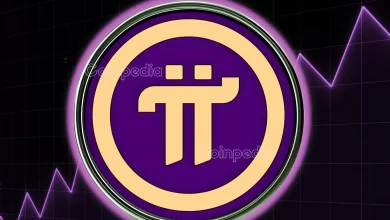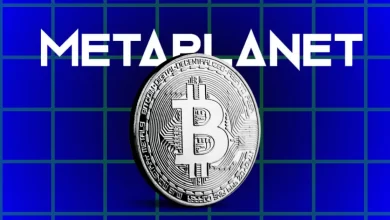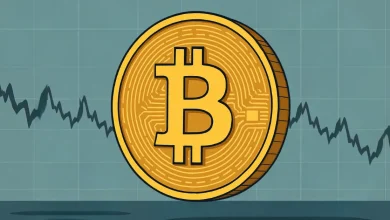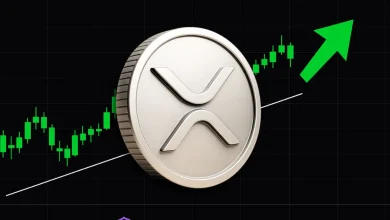Ripple is a technology company that develops blockchain solutions, while XRP is a digital asset that runs on the XRP Ledger (XRPL).
Ripple is a more traditional investment option, while XRP has the potential for decentralized innovation and exponential growth.
The decision of whether to invest in Ripple or XRP depends on your investment goals and risk tolerance.
As an investor, where would you invest? Ripple, the technology company, or its digital currency, XRP?
Panos, the author of “Understanding Crypto Economy,” has taken to Twitter to give his opinion on the inherent value of each and the scalability of the XRP Ledger (XRPL). His insights come at a crucial time when the crypto industry is undergoing rapid changes and attracting mainstream investors.
Is Ripple the Safer Bet?
According to Panos, if you are a believer in Ripple’s business model and its longevity as a tech company, Ripple’s stock might be the safer bet. The company has been a pioneer in blockchain solutions aimed at enhancing cross-border payments. Furthermore, Ripple is backed by strategic partnerships and strong financials, suggesting a steady trajectory for growth.
“Ripple is a safer bet and will probably have a steady growth,” says Panos.
Read More: Ripple’s Fight Against SEC Saved 60+ Altcoins From “Security” Label; Here’s How
But XRP Could Be the High-Return Gamble You Need…
On the other hand, Panos believes that XRP holds greater potential for returns due to its broader applicability. XRP is not just another cryptocurrency; it is a digital asset that has multiple use cases, including speeding up transactions and reducing costs in the banking sector. Moreover, XRP runs on the XRP Ledger (XRPL), an open-source blockchain protocol. This means that unlike Ripple, where the value is tied to one company, XRP’s value can theoretically grow exponentially as more developers build upon XRPL.
“It’s where potentially thousands of companies will build upon with millions of users,” Panos elaborates.
On top of that, XRP is the only digital asset that has regulatory clarity in the U.S. after bitcoin.
Also Read: Ripple’s Strategic Vision for XRP: Global Liquidity Tool in the Making
Scalability is Key
Bill Morgan underscores the scalability of the XRPL by pointing out that, “Only Ripple can add value to Ripple shares. Unlimited developers can build on the XRPL and add value to XRP.”
This touches on an important aspect: the decentralized nature of XRPL allows for a democratized contribution to its value, offering perhaps a more dynamic potential for growth compared to Ripple’s corporate structure.
The Investor’s Dilemma
For those who seem confused between Ripple and XRP as investment choices, Panos suggests considering what you believe in more: Is it Ripple’s business model or the technological versatility of XRPL? Your investment decision should align with your faith in one over the other.
The debate between investing in Ripple or XRP exposes the complex dynamics of the cryptocurrency market. Ripple represents a more traditional, albeit technologically innovative, investment option. On the other hand, XRP holds the allure of decentralized innovation and exponential growth.
So, Which one are you investing in? Why?






